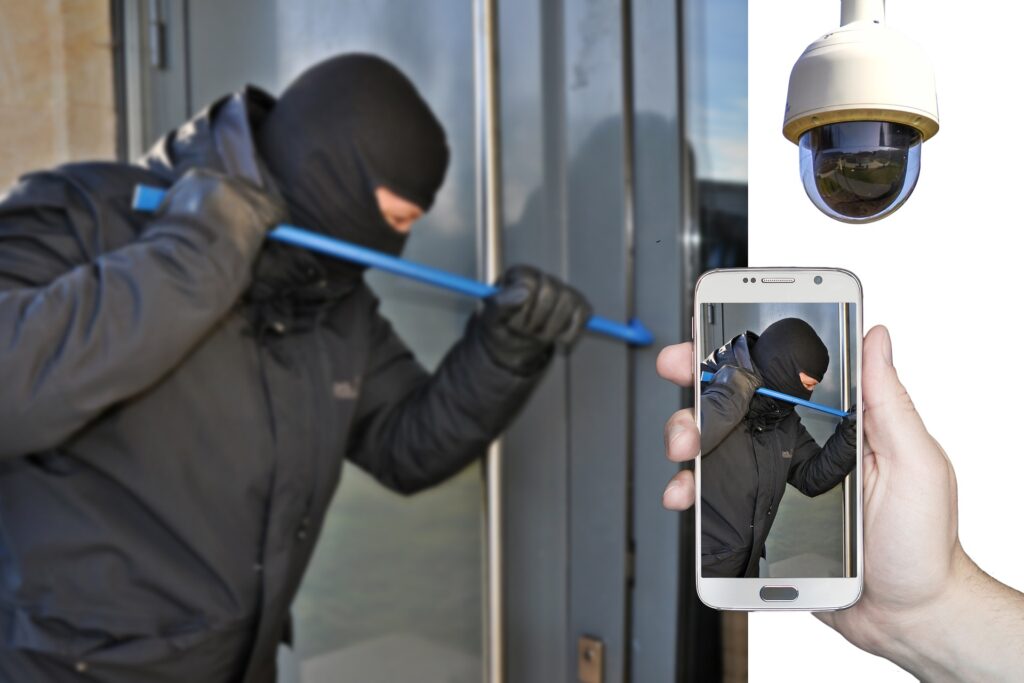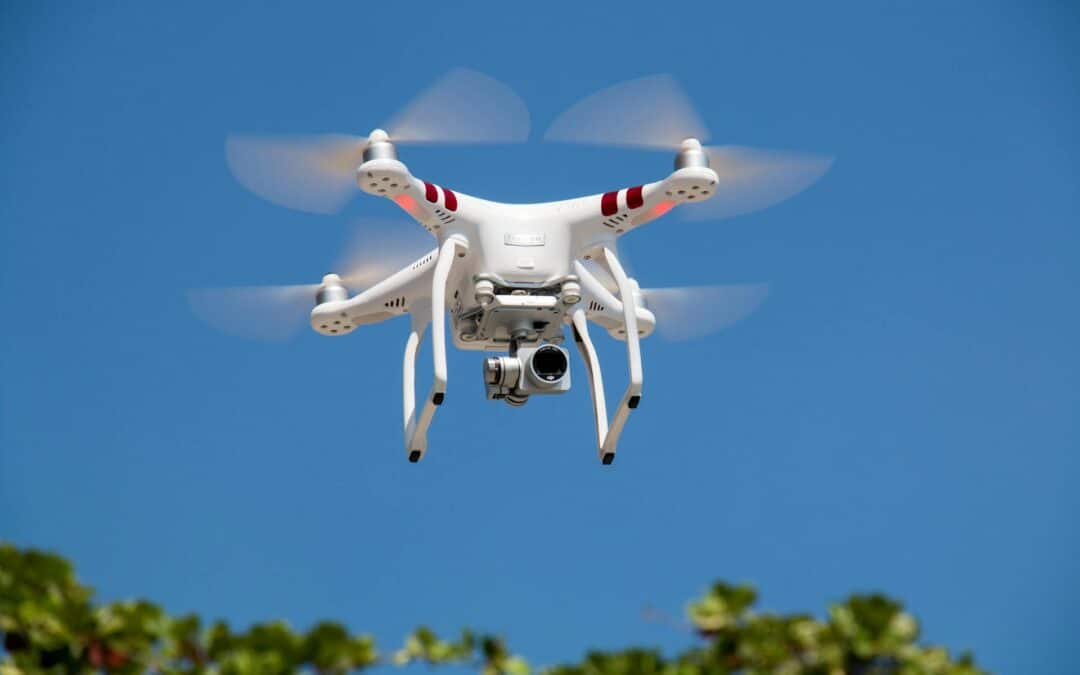A black-and-white security feed freezes on a masked figure prying at a back door while an exhausted lone guard circles the opposite side of the lot. By the time he hears the alarm, tens of thousands in product and cash are gone. Scenarios like this have multiplied across California as dispensary owners face a sharp rise in coordinated after-hours burglaries, yet labor costs make twenty-four-hour patrols unsustainable.
The cannabis industry’s margins already strain under high taxes and banking hurdles. Every extra dollar spent on security staff must come from somewhere else, resulting in reduced inventory, marketing, or employee benefits. Remote guarding offers a path out of that bind by turning cameras, analytics, and remote access controls into a virtual patrol that never clocks off.
The Costly Reality of On-Site Guards
A licensed armed guard can run upward of $40 an hour once payroll taxes, health coverage, and liability insurance are folded in. Double the post for genuine perimeter coverage, and a retailer easily clears $25,000 a month in security wages alone, a figure that dwarfs rent in many green-zone districts.
Cost is only half the story. Human vigilance fades during late shifts, and no one pair of eyes can monitor the sales floor, vault hallway, and delivery bay at once. When an incident erupts, guards must make split-second decisions that can expose a business to excessive-force claims or workers’ compensation filings, turning the protective layer into a liability magnet.

Remote Guarding: Technology With Teeth
Remote guarding weaves high-definition cameras, thermal imagers, and AI object recognition into a seamless shield. Every feed streams to an off-site command center, where trained operators oversee dozens of sites in real-time. If analytics detect loitering, forced-entry tools, or perimeter breaches, the system automatically locks designated doors and floods affected zones with high-intensity LED lighting while the operator calls local police with verified footage in hand.
This “smart lockdown” feature eliminates the human lag time between identifying a threat and responding to it. Doors tied to electronic strikes seal in under a second, preventing smash-and-grab crews from reaching inventory or cash drawers. Simultaneously, strobes and sirens activate to disorient intruders and signal to nearby patrol units exactly where the breach occurred. Archived video, time-stamped and encrypted, becomes irrefutable evidence for detectives and adjusters, eliminating the scramble for missing clips after a loss has occurred.
Unlike motion-only alarms that generate costly false dispatches, layered analytics filter wind-blown debris or stray animals, notifying staff only when human behavior crosses a defined threshold. The result is fewer late-night phone calls, smoother shift changes, and a calmer work environment that allows budtenders to focus on guests rather than constantly looking over their shoulders.
Compliance and Documentation Made Easy
State regulators demand continuous surveillance of sales counters, cash safes, and storage rooms. Insurers want proof that cameras and access controls functioned correctly whenever a claim is filed. Remote guarding platforms auto-save health checks, incident logs, and operator actions, creating a digital audit trail that meets both sets of requirements without an extra hour of managerial paperwork.
During licensing renewals, owners can hand inspectors a concise report showing camera locations, retention times, and lockdown procedures. That transparency not only speeds approvals but also keeps premiums in check by demonstrating proactive loss-control measures backed by verifiable data.
Cannabis Compliant Security Solutions integrates remote guarding into its Managed and Optimized Security Services platform. CCSS designs camera grids that eliminate blind angles, map smart-lock zones, and tie lighting controls to analytic triggers. Their command-center monitors, many of whom once patrolled dispensary floors, understand the rhythms of cannabis retail, from dawn deliveries to last-minute purchases at closing.
Remote guarding will not replace every guard shift, as regulations require on-site security personnel, but it can shoulder the long stretches when a human patrol delivers the least value and carries the greatest risk. By blending machine precision with expert oversight, CCSS helps cannabis businesses protect people, product, and profit without sacrificing growth capital. Schedule a consultation today to see how virtual vigilance can fortify your storefront before the next crew tests its locks.


Recent Comments